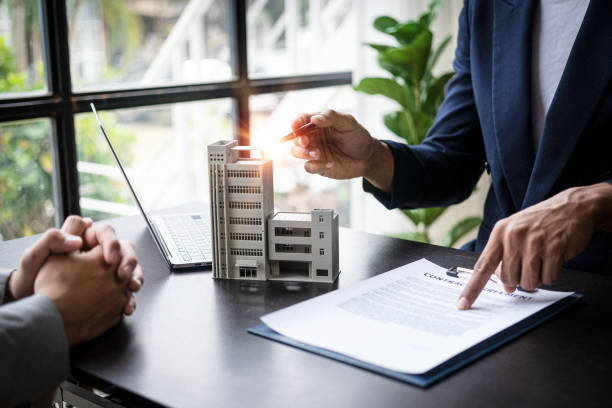Investing in commercial property can be a lucrative venture, but only if you navigate the process carefully. Unlike residential real estate, commercial property transactions come with added layers of legal complexity, financial risk, and long-term obligations. Whether you’re buying a retail space, an office building, or a warehouse, it’s critical to conduct thorough due diligence. This legal checklist will help you avoid costly missteps and safeguard your investment from day one.
Contents
Verify Zoning and Land Use Regulations
Before you move forward with any purchase, make sure the property’s zoning aligns with your intended use. Zoning laws regulate what types of businesses can operate in specific areas and how properties can be developed or modified. For instance, a building zoned for industrial use may not be suitable for retail without a zoning change or special permit. Always check with the local planning department to confirm current zoning and inquire about any proposed changes in the area that might affect your investment.
Understand Property Titles and Deeds
A title search is one of the most important steps in the commercial real estate process. It reveals whether the property has any encumbrances, such as liens, unpaid taxes, easements, or disputes over ownership, that could delay or derail your transaction. It’s also essential to obtain title insurance to protect against future claims or legal issues related to ownership. Deeds should also be carefully reviewed to verify legal boundaries and any restrictions or obligations tied to the property.
Review Building and Environmental Compliance
Failing to check for building code violations or environmental hazards can leave you liable for expensive remediation work. Ensure that the property complies with all building codes and has passed recent inspections. Environmental assessments are especially important for industrial properties or sites with a long history of commercial use. A Phase I Environmental Site Assessment (ESA) can identify potential contamination, while a Phase II ESA provides deeper analysis if concerns are found.
Hire a Real Estate Lawyer
One of the smartest moves you can make as a commercial property investor is hiring an experienced real estate lawyer. Legal professionals like Sullivan McMullan can guide you through every stage of the transaction, from contract review to closing. They help identify red flags in purchase agreements, ensure compliance with local laws, and negotiate favorable terms. A real estate lawyer also works closely with your other advisors to make sure all legal and financial aspects are covered. In complex deals, their involvement can prevent disputes and protect your long-term interests.
Check Lease Agreements and Existing Tenants
If the property comes with existing tenants, you’ll need to review their lease agreements carefully. These contracts often contain terms that affect your ability to raise rents, modify the property, or terminate leases. Pay close attention to lease duration, rent escalation clauses, and any options for renewal or early termination. Also, consider the tenants’ financial stability and history of payment. Inheriting problematic tenants can impact your return on investment and lead to unnecessary headaches down the line.
Secure Proper Insurance and Financing Documents
Protecting your commercial property means having the right insurance in place—liability coverage, property damage, business interruption, and more. Check with your insurance provider to ensure you’re meeting all legal requirements. Additionally, review your financing agreements with a critical eye. Commercial loans can be complex and include restrictive covenants or balloon payments. Legal advisors should be consulted to interpret loan terms and ensure they align with your financial goals.
Conclusion
A well-informed commercial property investor is a successful one. This legal checklist gives you a clear roadmap for what to review before closing any deal. From zoning and titles to leases and environmental checks, each step plays a role in protecting your investment. Perhaps most importantly, working with trusted real estate lawyers ensures you’re covered from every legal angle. With the right guidance and preparation, your commercial property venture can be both profitable and problem-free.




